Depression Symptoms in Texas: Understanding the Signs and Finding Hope
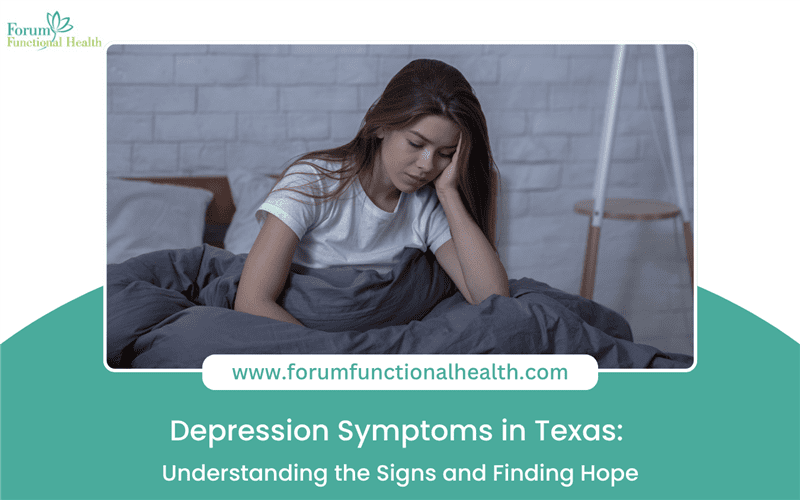
Mental health is something we all experience, yet it often goes unspoken—especially in a place as big and diverse as Texas. If you or someone you care about is feeling persistently sad, overwhelmed, or disconnected, you’re not alone. Recognizing depression symptoms in Texas is the first step toward healing. At Forum Functional Health, we believe […]
Understanding Depression Symptoms in McKinney: A Whole-Person Approach to Healing
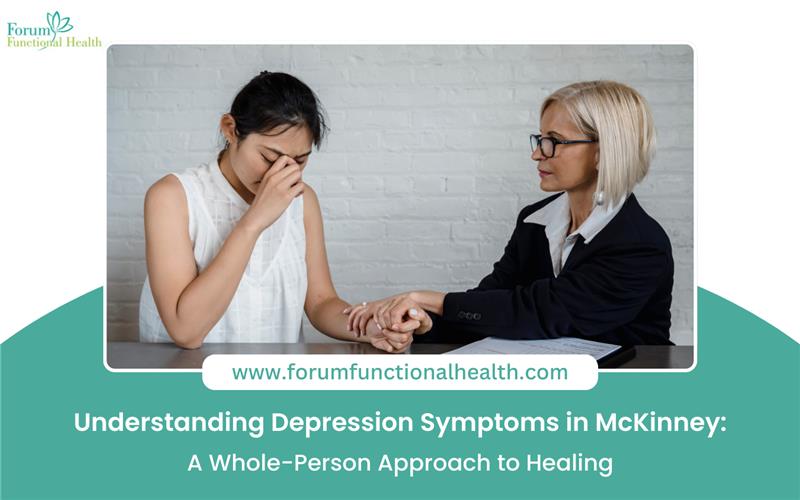
Depression can feel like an invisible weight that you carry alone. It\’s not just about feeling sad—it’s about struggling to enjoy life, feeling exhausted without explanation, and questioning your sense of self. At Forum Functional Health, we offer a different kind of support. If you’re searching for answers about depression symptoms in McKinney, it’s important […]
Understanding Depression Symptoms in McKinney: A Functional Medicine Perspective on Mental Wellness
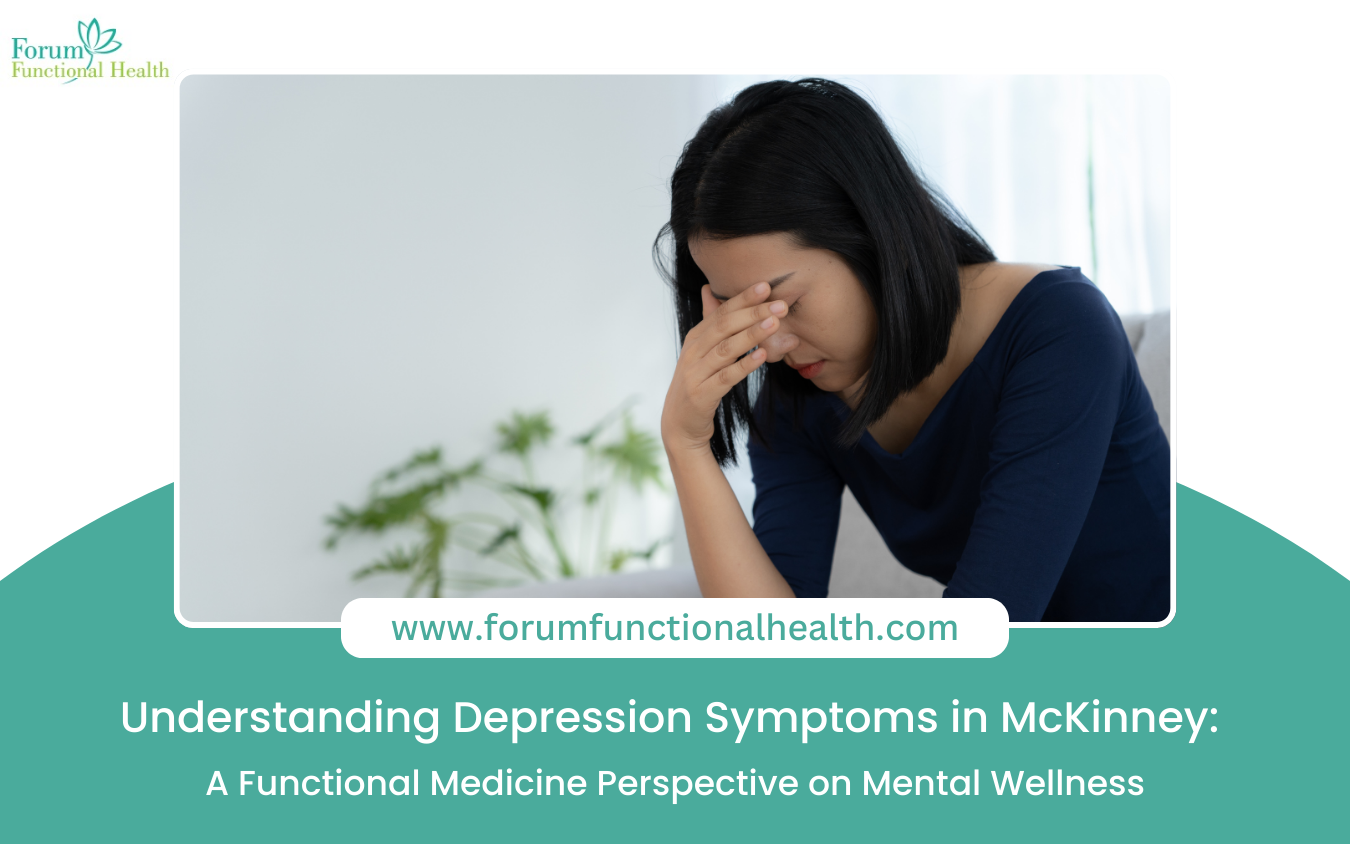
Depression is often misunderstood as just “feeling sad” or “being in a slump,” but for millions of people, it’s much more than that. It\’s a deeply personal and often invisible struggle that affects every area of life—relationships, career, physical health, and most importantly, one\’s sense of self. If you\’ve been quietly wondering whether what you\’re […]
Finding Light in the Darkness: A Holistic Approach to Depression Treatment in McKinney, Texas
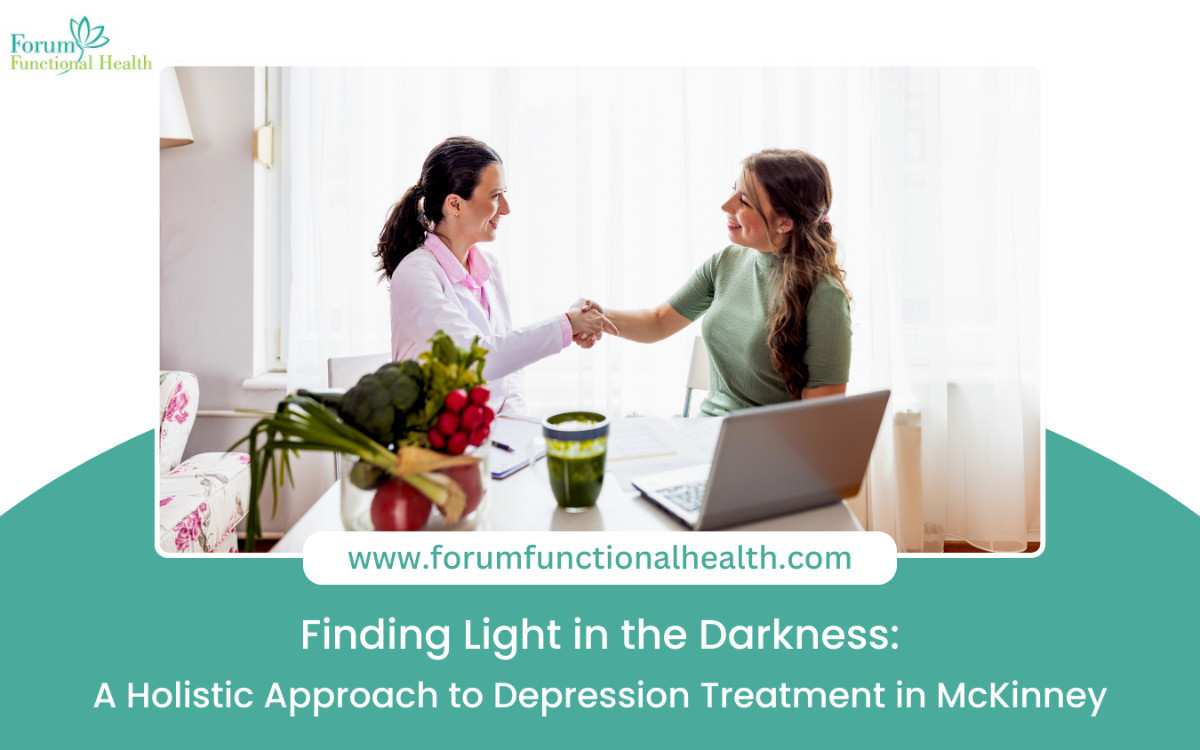
Depression can be a quiet, persistent struggle—an invisible weight that impacts everything from daily routines to relationships, productivity, and overall health. At Forum Functional Health, we understand that depression is more than just a low mood or a bad day. It\’s a complex condition with physical, emotional, and biochemical roots. If you or a loved […]
Finding Hope Again: A Deep Dive into Depression Therapy in Texas
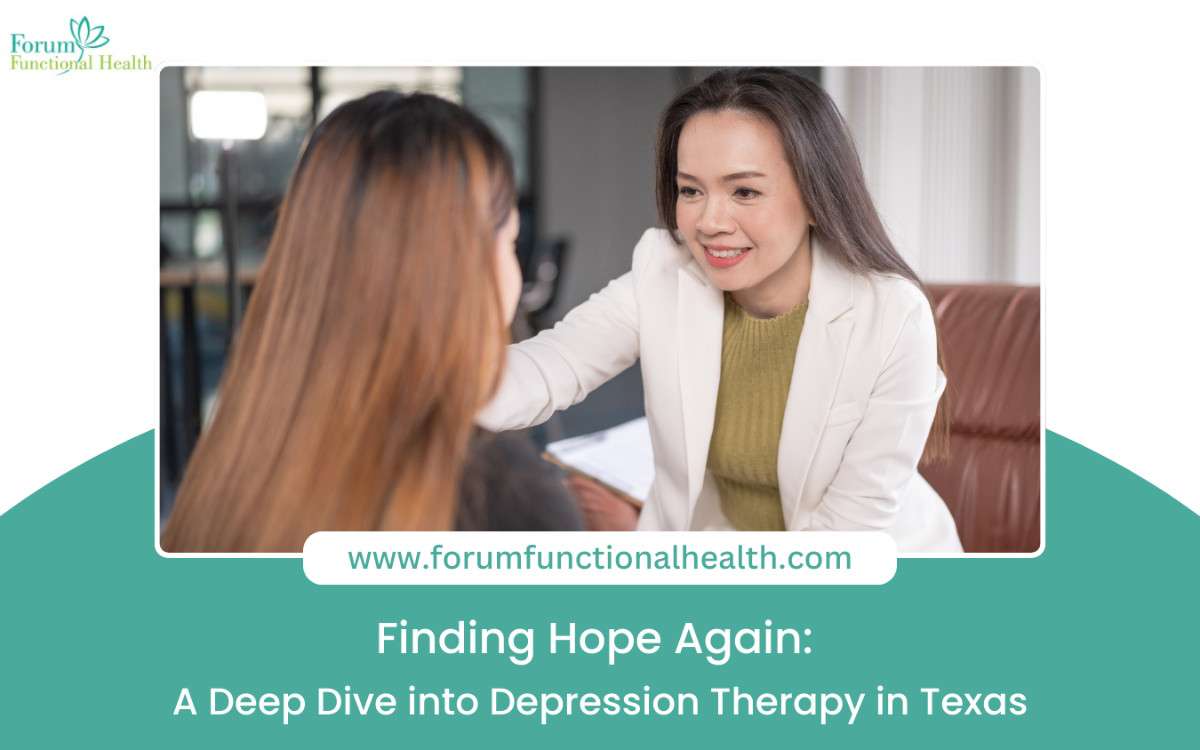
Depression can feel like a quiet, constant storm—clouding thoughts, draining energy, and dimming life’s brightest moments. For individuals across the Lone Star State seeking support, depression therapy in Texas offers a compassionate, science-backed path toward healing. At Forum Functional Health, we understand that every person’s journey with depression is unique, which is why our approach […]
Why You Should Focus on Improving depression treatment Texas
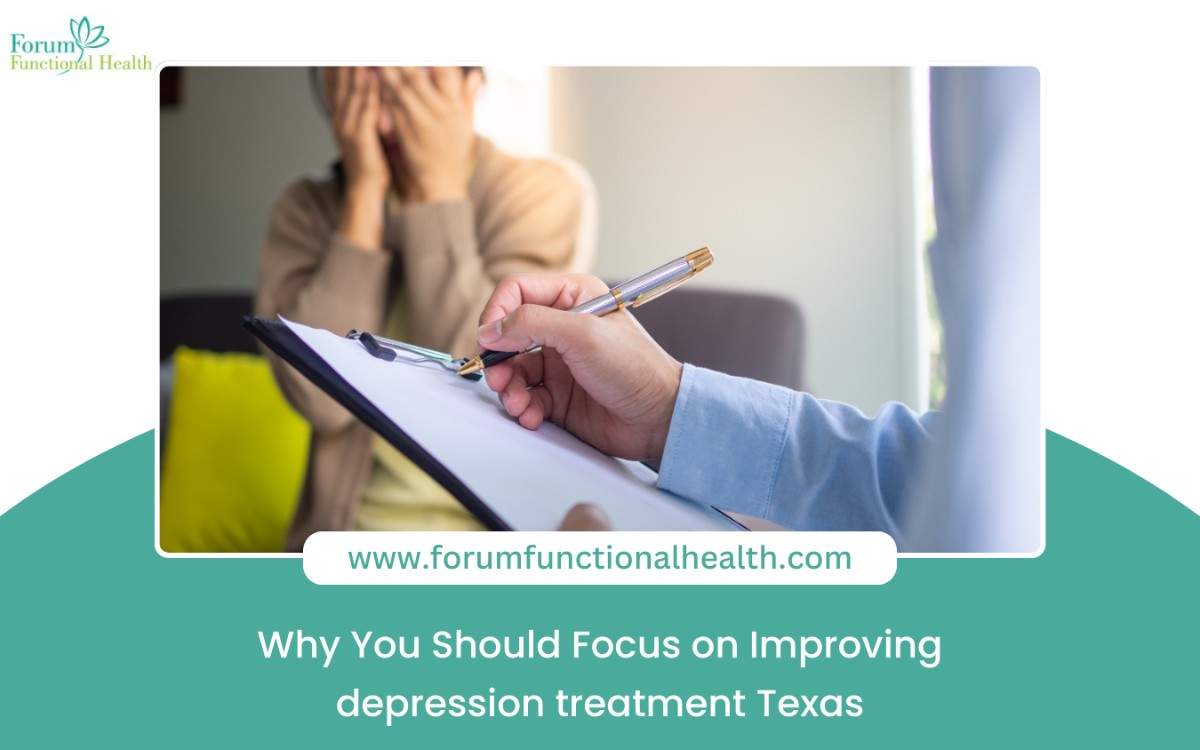
Depression is a widespread mental health condition affecting millions worldwide. Despite its prevalence, many individuals do not receive adequate treatment. Improving depression treatment is not just about better medications—it’s about holistic care, accessibility, and reducing stigma. This article explores why enhancing depression treatment should be a priority and how it can transform lives. Understanding Depression […]
How to Get More Results Out of Your adhd hyperactivity treatment texas?
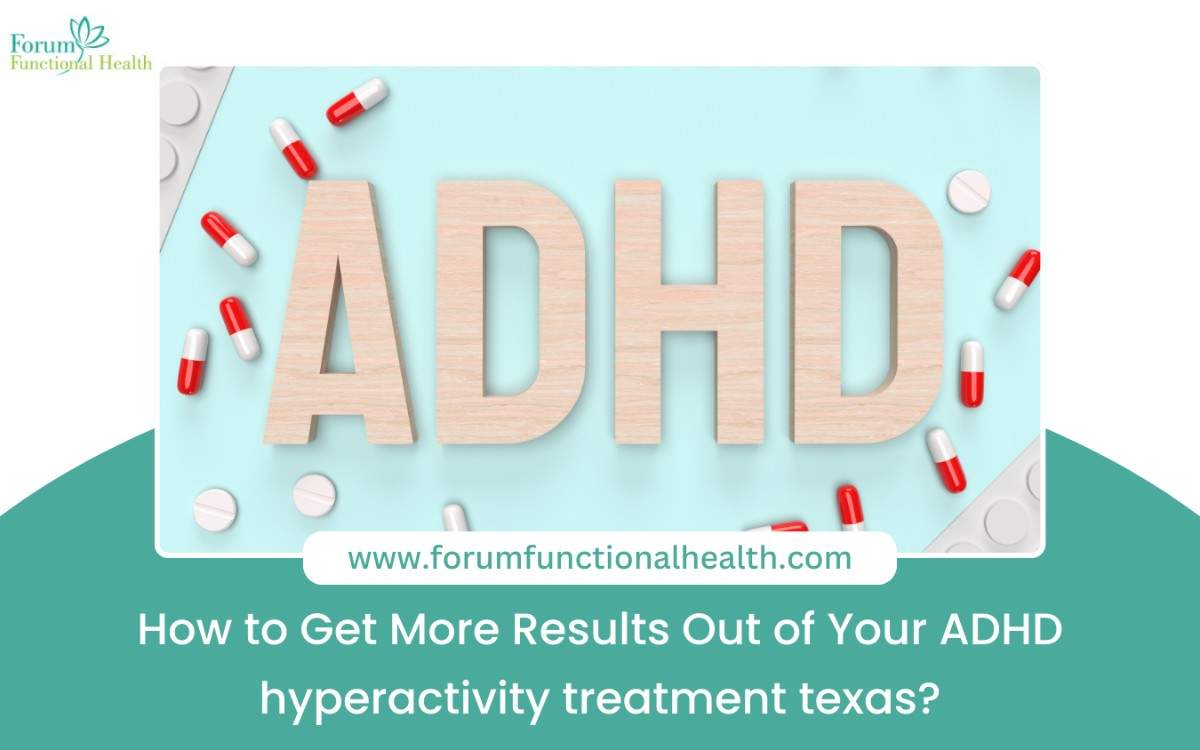
Attention Deficit Hyperactivity Disorder (ADHD) is a common neurodevelopmental condition that affects both children and adults. Characterized by symptoms like inattention, impulsivity, and hyperactivity, ADHD can significantly impact daily life, work, and relationships. While treatments like medication, therapy, and lifestyle changes can help manage symptoms, many individuals struggle to achieve optimal results. If you or […]
Major Depression Treatment: What Works and What Doesn’t According to Experts
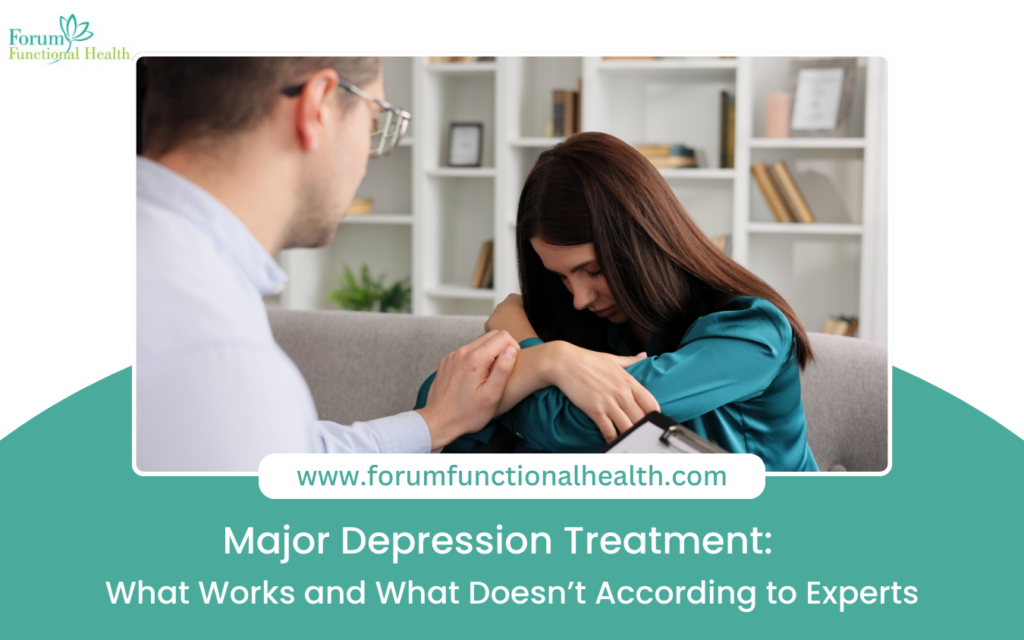
Major depression is a serious mental health condition affecting millions worldwide. Finding the right treatment is crucial, but with so many options available, it can be overwhelming. Experts agree that not all treatments work equally for everyone. So, what actually works, and what doesn’t? This article breaks down the most effective and ineffective treatments according […]
Top 5 Signs of Depression in Texas: How to Get Help Today
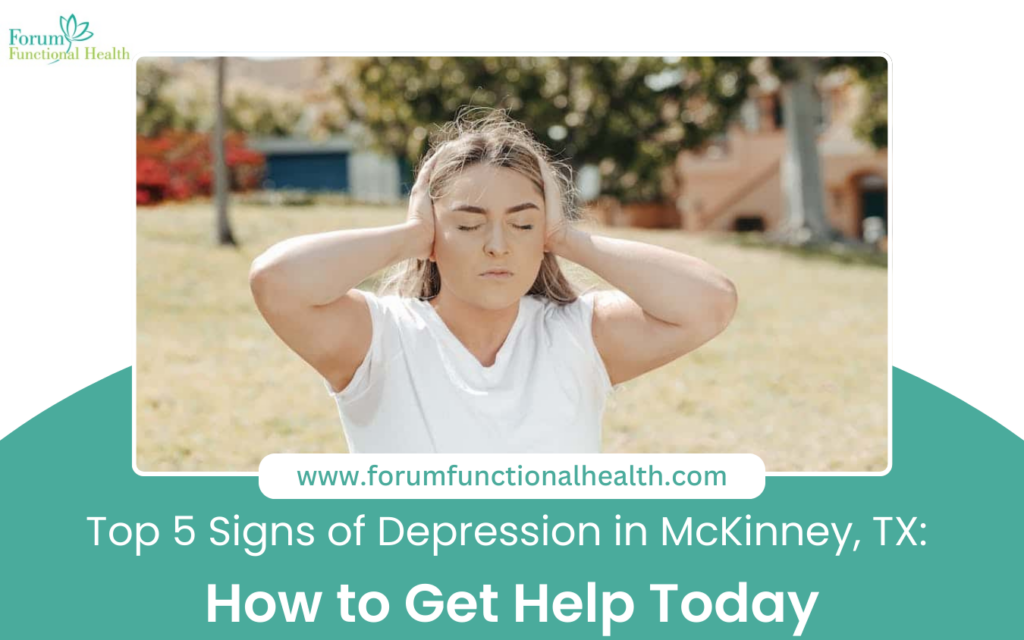
Understanding Depression: A Growing Concern in Texas Depression is more than just feeling sad—it’s a serious mental health condition that affects millions. If you or someone you love is struggling, recognizing the early signs of depression is crucial. With the right depression therapy, recovery is possible. In Texas, there are several options for depression help, […]
What Is Depression? Definition, Symptoms, and Effective Treatments in Texas

Depression is more than just feeling sad or experiencing a temporary bout of the blues. It is a complex mental health condition that impacts every aspect of a person’s life. For individuals in Texas, seeking effective depression treatment and understanding the condition is crucial for recovery. What Are the Signs of Depression? Recognizing the signs […]
